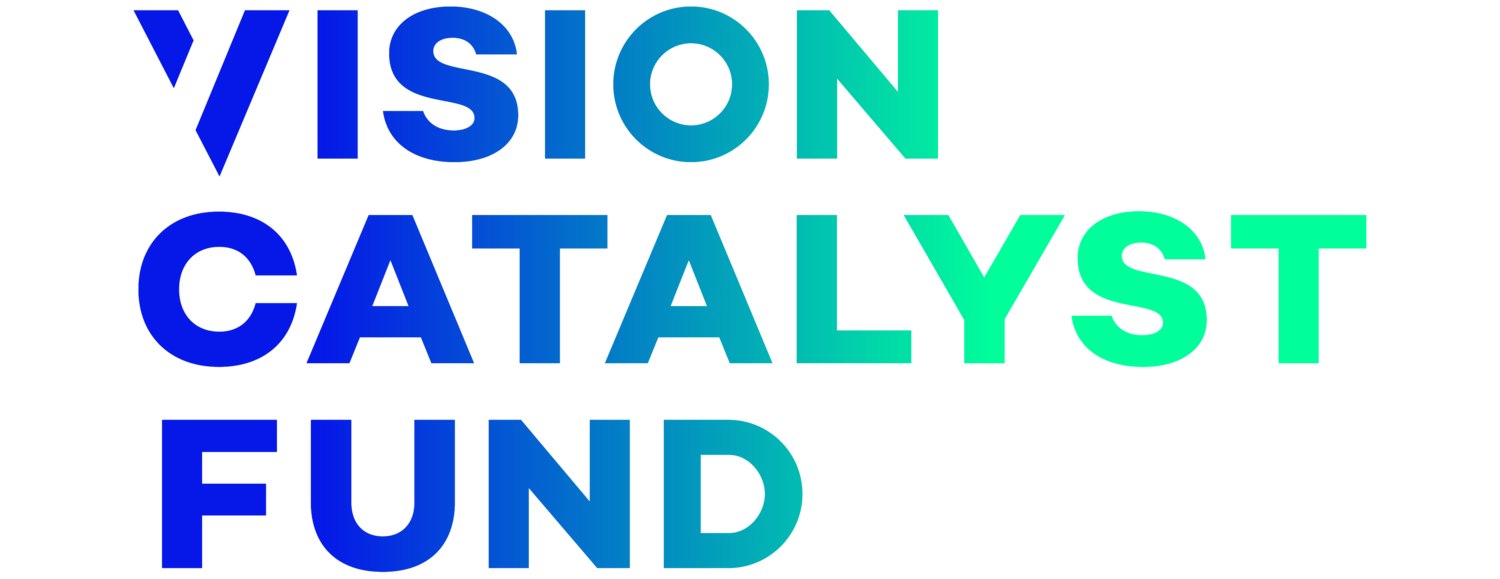‘Why aren’t you giving us a grant?’
Dr Andrew Cooper, our Chief Executive, on the first Eye Health Accelerator Grants
By Dr Andrew Cooper
Anyone who has applied for funding will have asked themselves whether it is worth making the effort. After committing your thoughts and time into the various stages of the application process without any guarantee of success, what if it does not work out? To serve the mission, in spite of the odds, many of us push forward. As a grantmaker, what can we do to make a ‘rejection’ feel constructive and remove the feeling of deficit?
One of the less appealing aspects of being a funder is meeting with unsuccessful applicants and explaining to them why we are not giving them a grant this time. However, we believe that the whole process of grant-making can be designed in a transparent and open way so that potential partners understand where their work aligns with our strategy and how decisions have been made. Part of this means being respectful of the applicant's time through a proportionate, intentional, and rigorous review process.
To rewind to the start of the process, when we published a call for proposals for Eye Health Accelerator Grants, we shared the criteria that programmes and partners would be assessed against, as well as asked for a relatively brief concept note to start with. We received 58 concept notes and then decided to take only 9 forward to the full proposal stage.
There were many excellent programmes and partners within the concept notes submitted. Grant-making is much like a recruitment process, whereby the Vision Catalyst Fund is looking to support those programmes which most closely match our own priorities. This doesn’t mean that the programmes we don’t take forward aren’t good, but that they aren’t a close match to our own strategy at this time.
Eye health programmes are complex and rely on factors such as the in-country context, collaboration, track record, impact measurement and so on. We found it incredibly useful to meet with each of the organisations that submitted a full proposal to talk through their plans and discuss any potential challenges that might come up. Partners were generous with their time and expertise, and the dialogue was incredibly helpful in understanding what they were trying to achieve.
Funding a portfolio of four grants worth £450,000 is a big step forward for the Vision Catalyst Fund, although this also meant that five proposals were not successful, and we met with each partner to explain the reasons why.
There were several programmes that we might consider supporting in a future round of grants, as is the case with all funders. We have limited resources and are not able to support every excellent initiative that we come across.
We would like to thank every partner who submitted a concept note or full proposal to us. We have learned a lot through the process and know that it is time-consuming to apply to funders. We are working hard to secure additional resources so that we can make even more catalytic grants, with the aim of providing permanent access to vision to the more than a billion people who currently do not have access to it.
